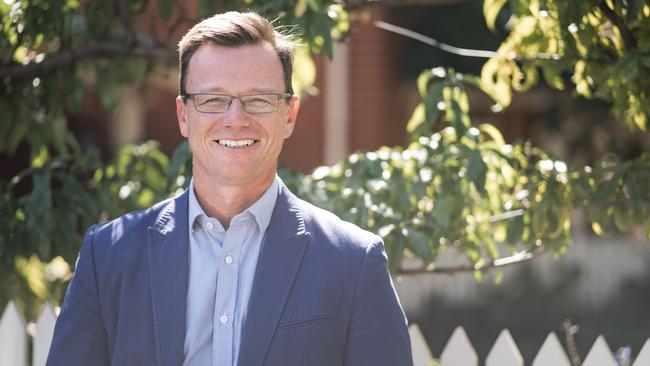ASX dividends: when your company will hand you its cash
Peak dividends week has passed, but some of Australia’s biggest companies are yet to hand their shareholders cash. See the list.
A steady stream of share dividends is helping to cushion companies and investors from the worst of global financial turmoil.
Despite the banking crisis in the US and Europe, Australia’s stock market ended the March quarter in better shape than it started, up almost 2 per cent. The ASX 200 rose 0.8 per cent to 7177.8 points on Friday, bringing its gain for the week to 3.2 per cent, snapping a seven-week losing streak.
This week was peak dividend payment week, with almost $19bn given to shareholders by corporate giants including BHP, CommBank and Wesfarmers, while another $9.3bn will be dished out over the next three weeks by companies including Rio Tinto, Woolworths and Woodside Energy.
Share specialists say the “messy” March quarter could be a prelude to a more positive market for the rest of 2023, but warn that uncertainty and volatility will continue.
The S&P/ASX 200 index surged 6 per cent in January, peaked then started falling in February, and was hit hard in March amid fears financial collapses overseas would multiply and spread, before a late-March revival that lifted it back above 7150 points.
CommSec chief economist Craig James said it had been a “topsy-turvy situation” and challenging for investors and business.
“Investors are reassessing what will be the outperforming sectors of 2023,” he said.
CommSec has forecast overall improvement in the ASX 200 over the rest of this year. “We are looking at 7550 for the end of calendar 2022,” Mr James said.
However, the outlook remained challenging for businesses, he said.
“Over the last six months expenses and costs have been rising, outpacing revenue. Looking ahead there are challenging conditions and cost pressures.”
Mr James said companies were under pressure to pay dividends as higher interest rates made other forms of income – such as bank deposits – more attractive.
Aussie stocks currently have a dividend yield near 4 per cent, about 5.5 per cent after franking credits, above the yield of European shares of 3.5 per cent and more than twice as much as US shares.
“Regular income payments to investors can cushion portfolios from the bouts of volatility in sharemarkets, preserving capital,” Mr James said.
“And the extra cash put back to work in the sharemarket could help stabilise or even support the ASX during the current bout of volatility.”
Some investors were using their dividends to help combat rising living costs, Mr James said.
Baker Young managed portfolio analyst Toby Grimm said the tax benefits of franking credits made it more attractive for Australians to receive share dividends.
“Overseas tax regimes are different – in the United States it’s more favourable for investors if companies buy back shares rather than pay out dividends,” he said.

Mr Grimm said dividends were more attractive to investors when interest rates were extremely low, but they did not reduce investment risk.
“It all boils down to profitability,” he said.
Listed companies aimed to set a stable level of dividends, so “if a company increases its dividend it’s a positive signal”, Mr Grimm said.
“Investors are looking for not only income but also capital growth. If you were just getting the dividend out of the market, you wouldn’t invest in the market.”
Mr Grimm described the March quarter as “tumultuous” for shares: “it reflects the incredible level of uncertainty”.
Many believed the banking crisis overseas would deliver more pain, while there could be a significant correction coming if US and Australian profits failed to deliver in their next profit-reporting seasons, he said.
Catapult Wealth director Tony Catt said if markets tumbled in the coming months and recessions hit, companies would try to at least maintain their dividends.
“Even during the GFC, when the share prices fell 48 per cent, the top 20 shares’ dividends only dropped 9 per cent,” he said.
“Blue-chip companies are very reluctant to drop their dividends. They will dip into retained profits to ensure their dividends are maintained.”

Mr Catt said dividends “help the market and also help stop panic selling”.
“If people are getting little or no dividends out of shares, they question the whole purpose of the share market,” he said.
“Our companies have got used to 65-70 per cent payout ratios and it’s now part of the expectation of owning Australian shares,” he said.
Mr Catt said the best way to describe the first quarter of 2023 was “messy”.
“We are still trying to work our way out of the tail end of the Covid drama,” he said.
“It’s like you are driving a car at 100km/h and a kangaroo called Covid jumps in front. You swerve around it, overcorrect the other way and the car is fishtailing down the road while you are trying to get back on the road.”






To join the conversation, please log in. Don't have an account? Register
Join the conversation, you are commenting as Logout